Trump Steps Up Pressure on Russia, Moves to Block Moscow’s Energy Exports
Input
Modified
Trump: “Ukraine Can Regain Its Original Form as a Nation” U.S. Pushes EU to Boost Imports of American Energy, Cutting Russia’s Cash Flow Alaska LNG Project Seen as Potential Wild Card in Europe’s Gas Trade Dynamics
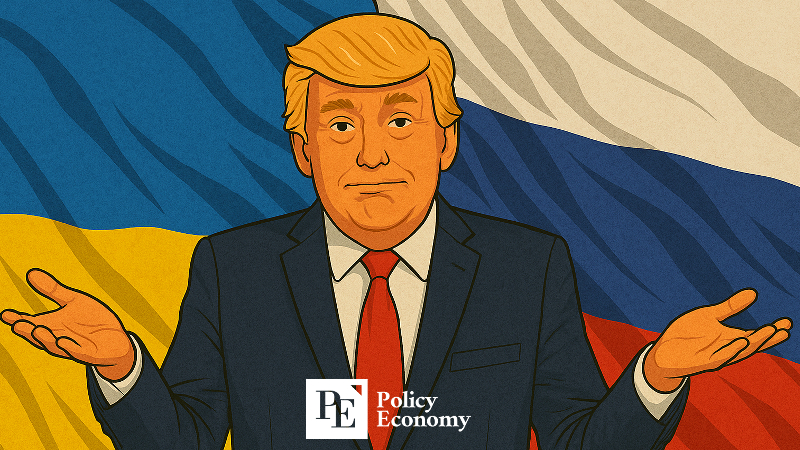
U.S. President Donald Trump has abruptly shifted his strategy on Russia, acknowledging Ukraine’s potential to restore its territory and criticizing Moscow for violating NATO airspace. The move signals a tougher stance toward Russia, with markets increasingly convinced that Washington will continue to tighten pressure by blocking energy export channels critical to Moscow’s economy.
Trump Ramps Up Pressure on Russia
On the 23rd, U.S. President Donald Trump wrote on Truth Social: “Ukraine, with its great spirit, is becoming stronger. They can restore their nation in its original form, and perhaps achieve even more.” The remarks marked a sharp reversal from his earlier stance, in which he had been skeptical about Ukraine reclaiming its territory while pushing for a negotiated end to the war. Analysts see the shift as a response to Russian President Vladimir Putin’s refusal to engage with U.S. ceasefire proposals.
Trump reinforced the message during a summit with Ukrainian President Volodymyr Zelensky on the sidelines of the U.N. General Assembly. Asked by a reporter whether Russian fighter jets entering NATO airspace should be shot down, he replied, “Yes.” The comment came as Russian aircraft and drones have repeatedly breached the airspace of NATO members such as Poland, Estonia, and Denmark. However, when asked if the U.S. itself would participate in such actions, Trump said it “depends on the situation,” leaving his position ambiguous.
Trump also struck a more supportive tone toward Zelensky personally, calling him “a brave man” and saying he had “great respect for the fight Ukraine is waging.” He added: “The biggest development is that Russia’s economy is collapsing. Frankly, Ukraine is doing very well in stopping this large army.” The remarks contrast sharply with his stance earlier this year, when he partly blamed Zelensky for the conflict and pressed for a ceasefire.
In his General Assembly speech, Trump warned: “If Russia is not ready to agree to end the war, the United States is prepared to impose very strong tariffs.” He also criticized India, China, and several NATO members for continuing to import Russian energy, arguing that such purchases effectively bankroll Moscow’s war effort.
EU Shifts Energy Imports Away From Russia
Markets are paying close attention to President Trump’s emphasis on “energy,” a reminder that his administration has long sought to choke off Russia’s export channels. A recent example came during tariff negotiations, when Washington pushed Brussels to commit to greater purchases of U.S. energy. In a joint statement following the U.S.-EU trade deal announced on August 21, the EU declared its intention to procure $750 billion worth of American LNG, oil, and nuclear energy products by 2028, along with at least $40 billion in U.S. AI semiconductors.
The deal is expected to sharply increase Europe’s dependence on American energy while further sidelining Russian supplies. Since Russia’s invasion of Ukraine in February 2022, the EU has steadily reduced its reliance on Russian energy and imposed 18 rounds of trade sanctions, including export and import restrictions. Eurostat data show the results: the EU’s energy trade deficit with Russia shrank by 90%, from €42.8 billion in Q2 2022 to €4.2 billion in Q2 2024. Over the same period, Russia’s share of EU crude oil imports fell from 29% to 2%, while its share of natural gas imports dropped from 39% to 13%.
Looking ahead, the EU plans to phase out Russian energy imports entirely under its “REPowerEU Roadmap” announced in May. The plan bans new contracts for Russian gas and requires existing short-term deals to end by late 2025. By that deadline, Russian gas imports are to be cut by another one-third, with all imports to cease by 2027.
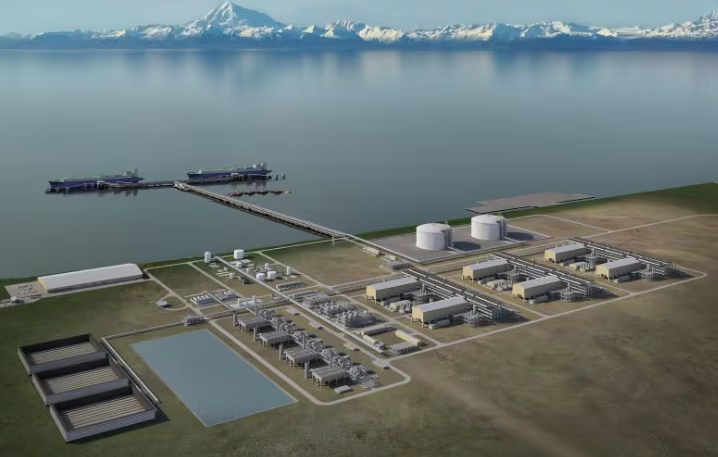
Could Expensive U.S. Energy Find Relief in AKLNG?
The success of the EU’s shift in energy imports may ultimately hinge on the price of American LNG. At a conference marking the one-year anniversary of the European Commission’s competitiveness report on the 16th, former ECB president Mario Draghi noted: “Whatever the terms of the tariff deal with the U.S., it should be seen as an opportunity to rethink gas purchasing. Since March, LNG shipped to Europe has been 60–90% more expensive than in the U.S., even after factoring in logistics and regasification costs.”
Some analysts argue that the Alaska LNG Development Project (AKLNG) could provide a breakthrough. The initiative envisions an 800-mile (about 1,287 km) pipeline from Alaska’s northern gas fields to Nikiski in the south, enabling exports of locally produced natural gas. U.S. energy developer Glennpan, which is leading the project, has scheduled a final investment decision (FID) on the pipeline by late 2025 and on LNG export infrastructure by 2026.
However, potential Russian involvement adds uncertainty. At the Eastern Economic Forum in Vladivostok on the 5th, President Vladimir Putin said: “Russia, with its resources in Alaska and its effective technologies for gas extraction and liquefaction, has good proposals to cooperate with U.S. companies there.” Russian Foreign Minister Sergey Lavrov echoed the idea on the 8th, telling students at Moscow State Institute of International Relations (MGIMO): “Russia and the U.S. could jointly carry out LNG production both here (Russia) and in Alaska.”

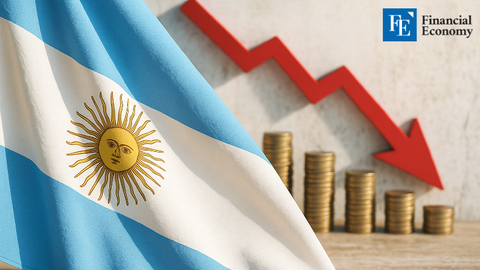
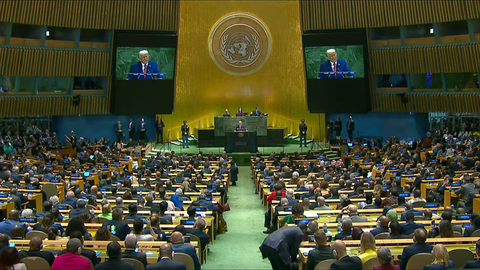
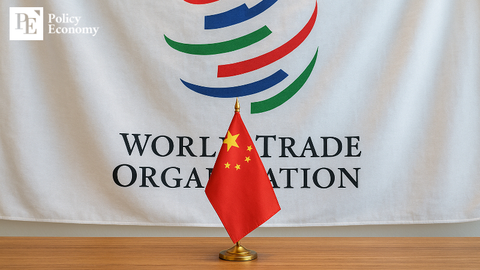

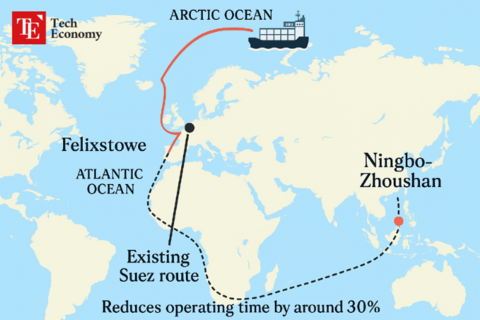
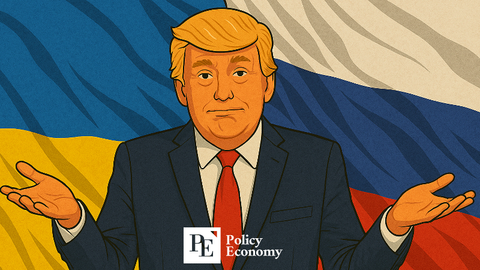















Comment